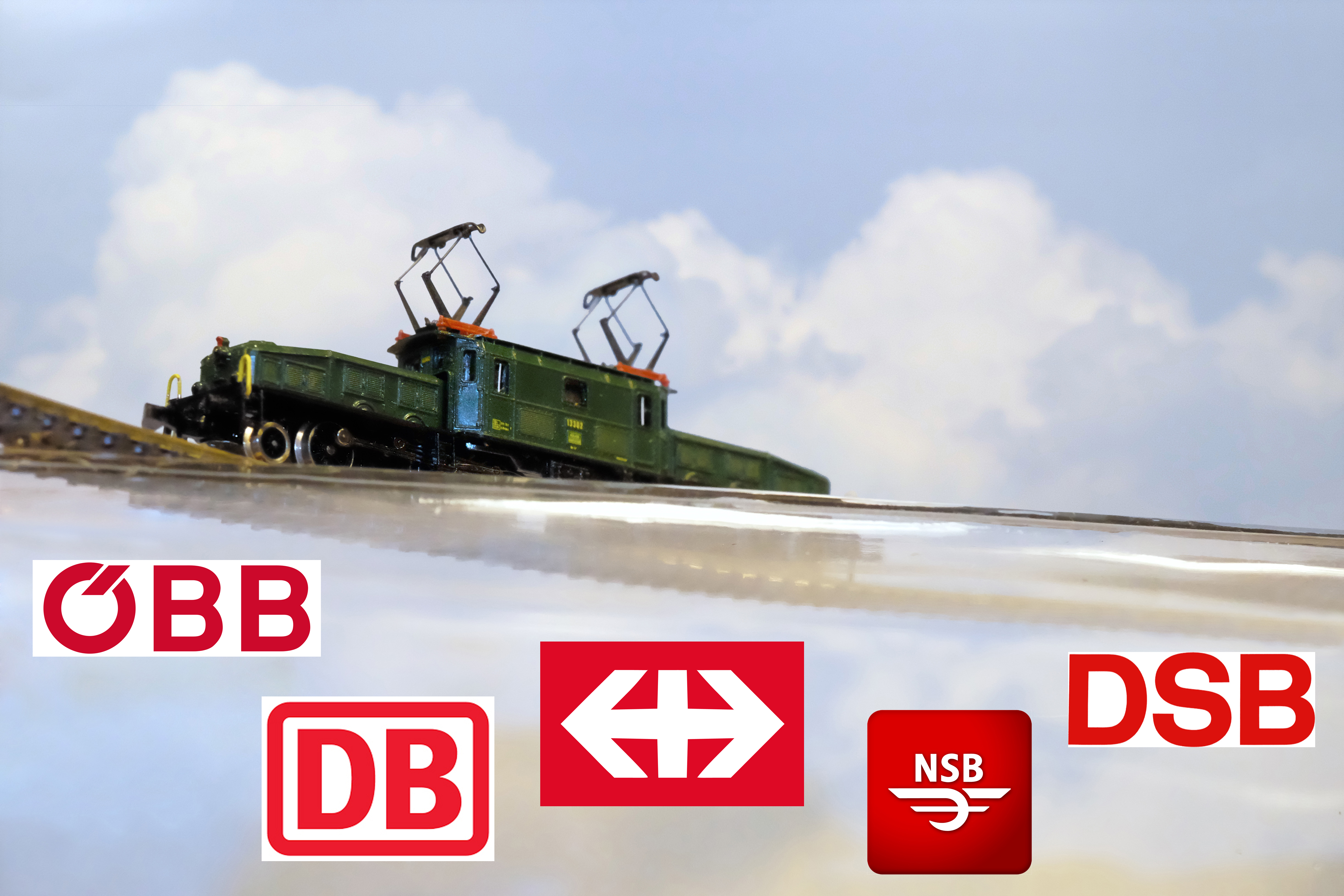
Wow! I have every reason to like Marklin’s recent release 88820: detailing, running performance, and appearance: all charm and no disappointment.


Many Insider Members who I know have been waiting anxiously for this model, and several have asked if I could land one for them. Unfortunately I have only one for my collection otherwise I would happily connect collectors with a dealer who could provide one. Best option to secure rare Insider Models is joining the Club for $99/year, membership includes free Insider car in HO or Z, subscription to Marklin Magazine, and invitation/order form for Insider Locomotive Release.

Marklin 88820 (Marklin’s website: with permission): A Rustic Icon on German Tracks
When currently one of the numerous preserved Wismar rail busses comes on stage, even steam locomotives retreat to the background. “Pig Snouts” are the name given to these powered rail cars, which during the world economic crisis kept many small and branch lines from being abandoned. The design was ingeniously simple and at the same time extremely cost effective: A simple welded car body was used and a mass-produced drive system from the truck industry was installed in each direction of travel. As with road trucks there was a motor hood at both ends, commonly called a snout. Most cars had a roof baggage rack for baggage or small freight. The car builder Wismar built 57 units between 1932 and 1941. Railroaders and passengers loved their rustic rattling boxes and gave them the nickname “Pig Snouts”. Currently, the Wismar rail busses enjoy an absolute cult status. This is not the only reason a snout belongs on the roster of every model railroader. In addition, the German Federal Railroad had three Wismar units for a short time on its roster after 1949. The red “Pig Snouts” thus goes on any Era III layout.

This is the first Marklin Z Gauge Wismer ‘Snout’ locomotive, but the now shuttered company Z-Modellbau produced it first. Both companies use similar motors, and both appear built to scale, but Z-Modellbau have slightly better build quality than Marklin: Z-Modellbau locomotives used brass gearing and metal construction. BUT Marklin’s example could be seen as better design with just the right combination of plastic and metal. Although Z-Modellbau locos were entirely handmade masterpieces now considered very rare, Marklin is offering a much more affordable solution with working headlights.


Marklin 88820 is based on an Era III class VT 88.9 (former DRG class VT Cvt-34) rail bus painted and lettered for the DB (German Federal Railroad).

The model is a charmer with metal hoods and frame, efficient maintenance free motor, headlights and interior lighting, and metal add-on parts including roof rack and ladders.


On the test track the rail bus moved flawlessly at slow speeds. Tiny tiny headlights unique to this Marklin model: brilliant and realistic.

This release will be remembered for years as a truly exciting new addition to the Marklin Catalog of Z gauge items. Mine received yesterday from ZscaleHOBO.com is already proudly displayed alongside equivalent examples by Railex, FR, and Z-Modellbau.

Siding: Viaduct Bridge (128171) featured in this post is non other than Archistories, it can be infinitely expanded with 2 Arch Extension (129171). 128171 + 129171 can be built single or double track. Kits available in USA: https://zscalehobo.com/ and http://www.zscalemonster.com/
















































































































































